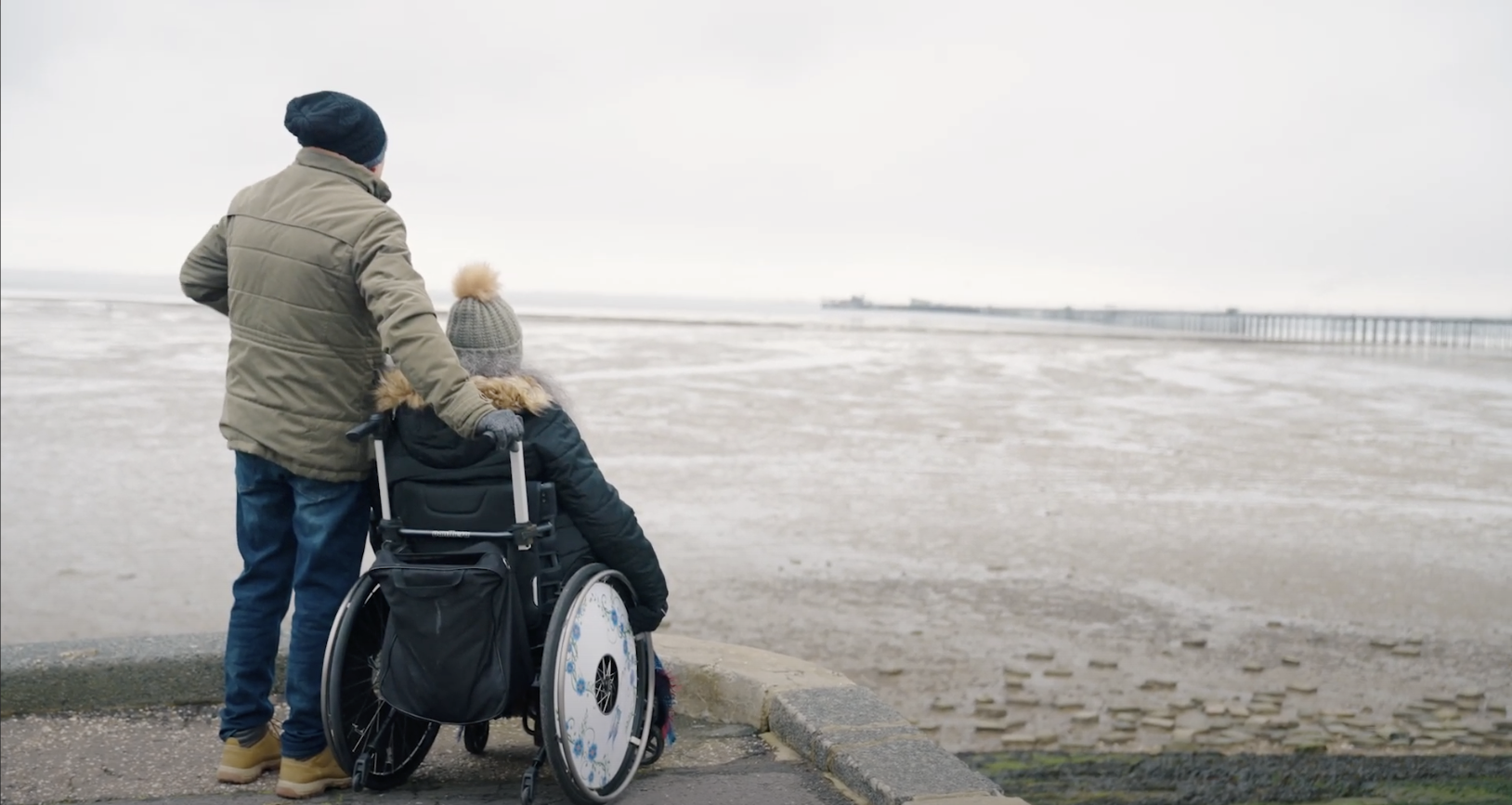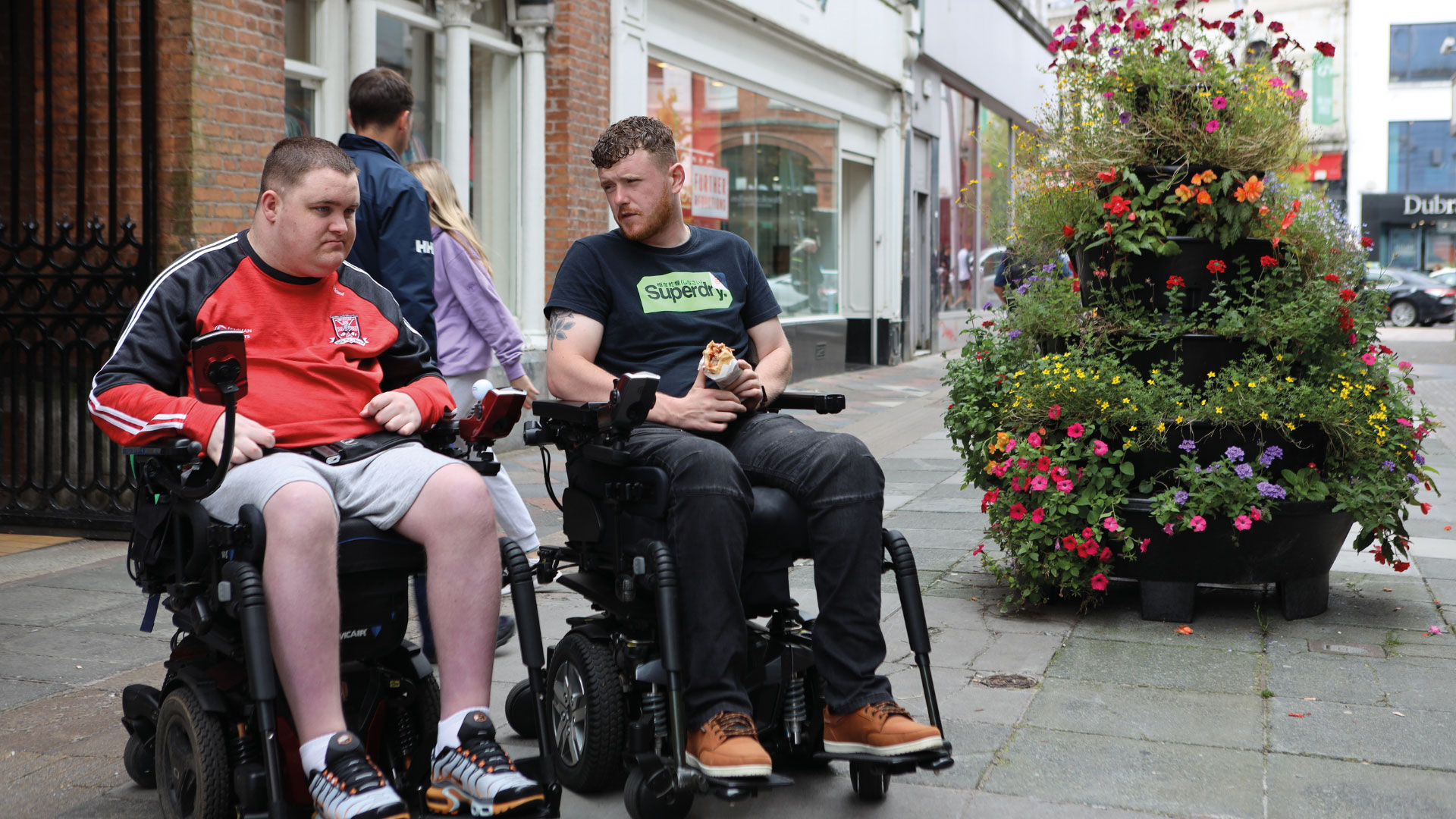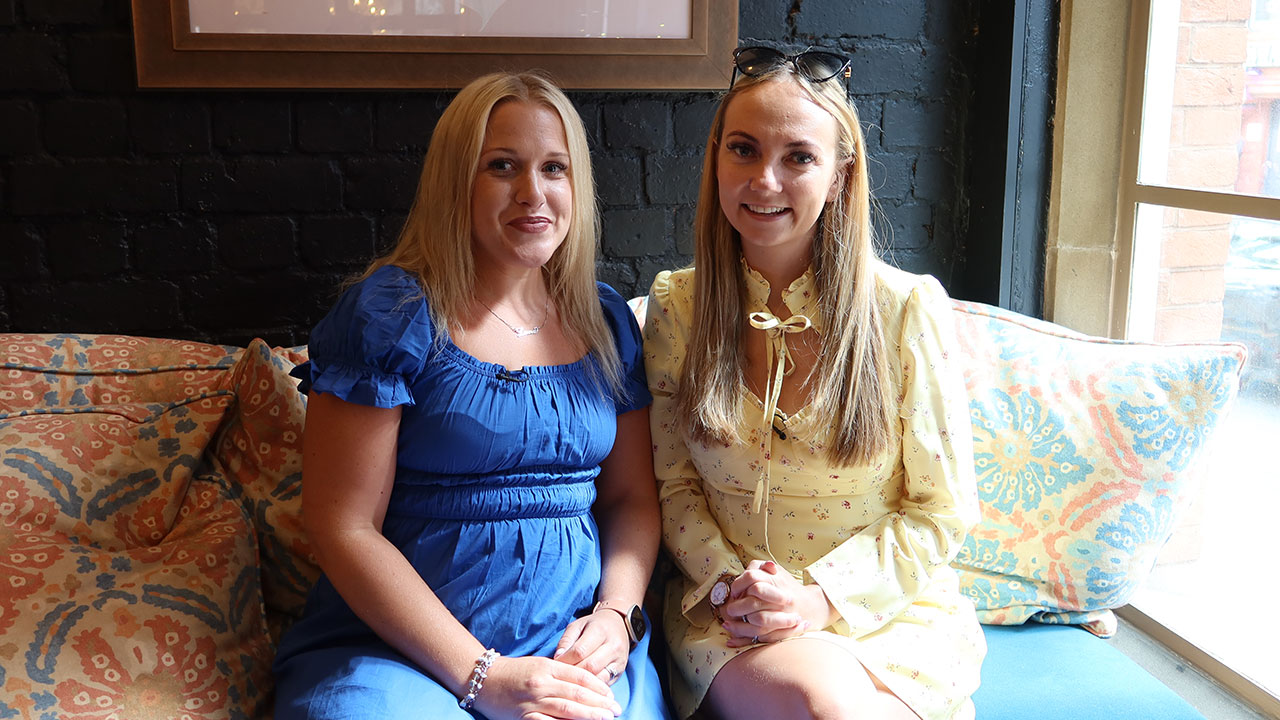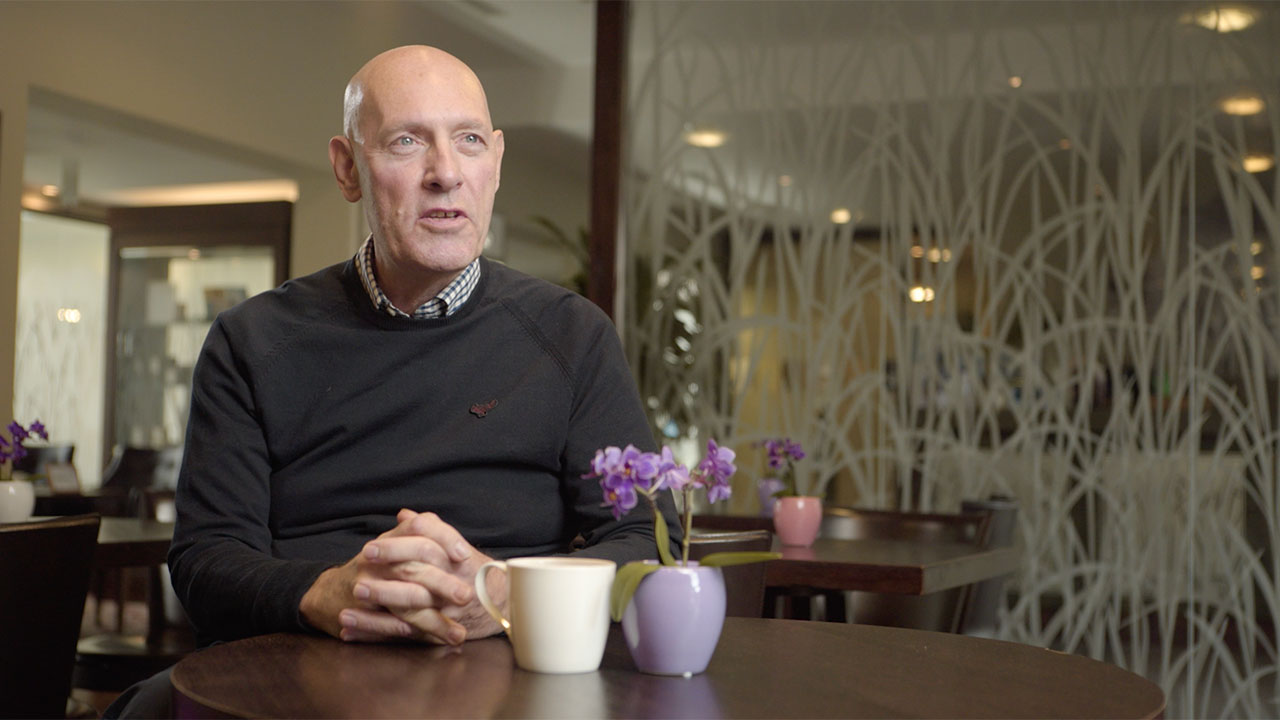A Case Study by Suzanne Morgan, Advanced Women’s Physiotherapist at Barnsley Hospital
Suzanne shares her experience of teaching rectal irrigation to a patient who has communication barriers (deaf, non-speaking) and experiencing faecal incontinence.
How did you manage your assessment?
I hadn’t encountered these difficulties before, and this was the first time I had a sign-language interpreter in clinic. The same person came to each appointment, which was very helpful. The patient’s husband or daughter also came along.
Good preparation plus a run-through with the interpreter beforehand was absolutely essential for every appointment.
I noticed you discussed rectal irrigation early on in the treatment pathway, at her first appointment – what made you do that?
From my experience I felt that rectal irrigation could really help this patient so I sowed this seed early on, explaining how irrigation can be life-changing once people have adjusted to using it regularly.
How were you able to overcome the communication barriers to teach rectal irrigation?
I met with the interpreter first to explain what irrigation entailed – to make sure it could be explained using sign language. The interpreter explained that people with language/deafness issues can be overpowered by what they visually see. So, I covered the equipment over until we were ready to look at it, this allowed her to absorb all the new visual information more slowly.
Did you do anything else differently?
Juggling the 4-way conversation with the patient, her daughter, the interpreter and myself, was tricky and time consuming. After the initial appointment, I tried to give myself a longer appointment to reduce time pressures, which helped me. Each time, we agreed amongst ourselves who was going to do the talking. I made sure to structure the teaching session in a logical order to reduce the risk of confusion. I taught the patient how to use Qufora Cone Toilet but wasn’t sure whether they would use it or not.
How did your patient get on?
I am pleased to say that the patient did manage to successfully use Qufora Cone Toilet, so we obviously overcame any communication barriers.
At the moment they have stopped using irrigation due to painful haemorrhoids. I will follow them up again in due course.
Overall, teaching this patient to use rectal irrigation through an interpreter was a positive experience. I hope my tips will help other health care professionals to overcome these potential difficulties.








